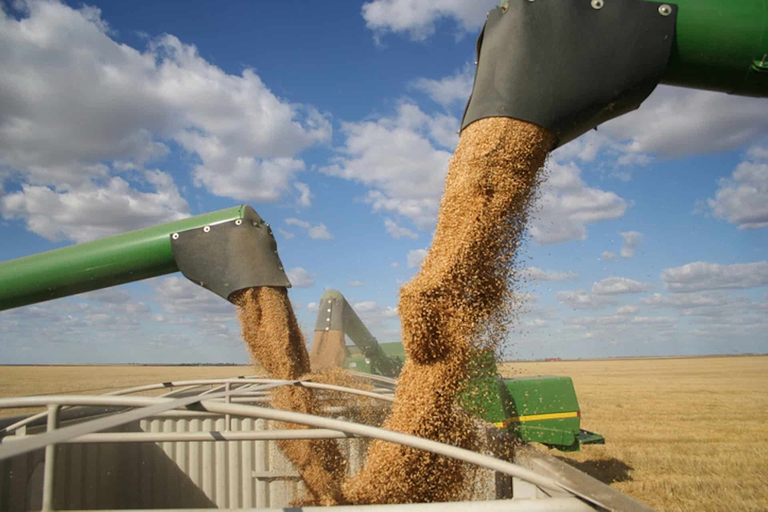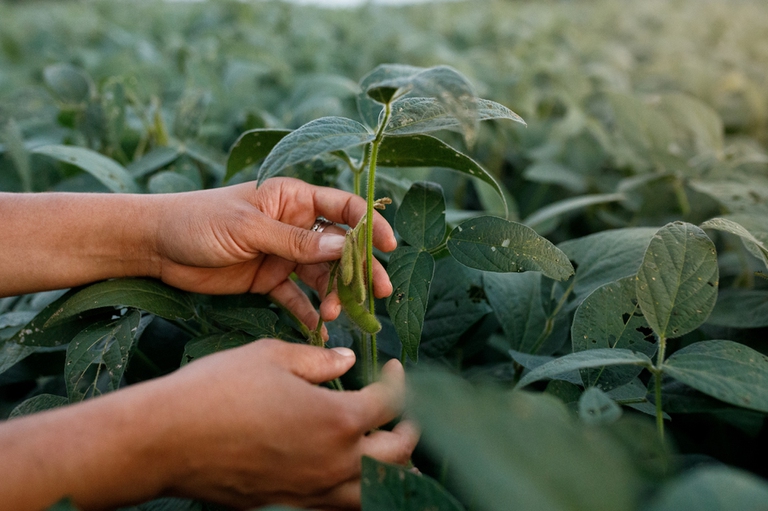https://www.lifegate.it/no-parlamento-residui-pesticidi-alimenti-importati
- |
- The European Commission had decided to tolerate pesticide residues in imported foods banned in the European Union.
- The European Parliament rejected these decisions, underlining that foods imported from non-EU countries must comply with the same standards as those produced within the Union.
- Applying the same standards would guarantee a level playing field for producers and promote the global ecological transition.
On the subject of pesticides and food, last September 18th European Parliament he rejected two decisions of the European Commission which authorize the presence in the imported foods Of residues of some pesticides which I am banned in the European Union. The substances in question are ciproconazole And spirodiclofen which are found in products such as grains, seeds, meat, liver and kidney, and of benomyl, carbendazim And thiophanate-methyl which contaminate products such as lemons, limes, mandarins and okra.

The European Parliament's no to tolerance towards pesticide residues in imported foods
The accompanying resolutions to vote of the European Parliament underline that agricultural products imported from non-EU countries must follow the same standards of products made in the EU to ensure a level playing field among producers.Allowing higher maximum residue levels for imports would also jeopardize the health of citizens in Europe and in producing countries.
The Commission must now withdraw its proposals and will have to present a new draft with the requests of MEPs:lower all maximum residue levels to the limit of determination (the lowest amount at which it can be detected) or to the default value of 0.01 mg/kg for all uses and refuse any request for import tolerances.
Pesticide residues:the battle of Coldiretti and Slow Food
The issue of pesticides tolerated on imported foods is the subject of a battle carried out by producer associations such as Coldiretti which has always underlined the unfair competition from products coming from outside the EU which they can practice by not respecting production standards and enjoying customs exemptions lower prices.Coldiretti also disseminates the blacklist of imported products most contaminated by pesticides.

Also Slow Food asks for the application of mirror clauses so that foods imported into the European Union respect the same production rules as European ones.According to Slow Food, double standards do not, in fact, allow us to maintain the commitments that the European Union has made with the Green deal and hinder the process globally ecological transition towards him sustainable development goals of theAgenda 2030.
